I want to make some meaningful change towards helping to heal our planet, and by doing so I also strive to become a good role model for my 1-year-old daughter.
Fast fashion is a major problem for the environment and is the second most polluting industry after oil. The second-hand clothing market is growing which is great news, though people in London do not currently have many options to recycle clothes that are too old, worn or undesirable to sell second-hand, so these clothes end up going into landfill in huge volumes. Also, a large proportion of trashed clothes get sent to Ghana where they are mixed in with clothes that are purchased by local tradespeople. The impact of this is that landfills get overfilled and so the clothes there are then incinerated which release harmful gases and toxins into the atmosphere, and the tradespeople end up spending their money on clothes that are rubbish and of no value to them, which puts them out of pocket.
Our solution is to collect these trash clothes that would otherwise get discarded, sort them and cut out the good parts and make them into new smart casual wear to sell and be worn again, saving clothing from landfill.
We’ve come up with a deceptively simple way to reverse fast fashion, whilst helping people to continue to be fashionable without harming the planet.
Making a career change, I’m committed to the resources sector and I have taken a mission to circulate products and materials at their highest value, underpinned by data analysis.
Faulty electrical and electronic items are usually discarded as they are difficult and expensive to repair. The impact is environmental pollution and fewer products available in the secondary market for re-use.
The Next Life project aims to collect repairable items from households, retailers, charities, waste management companies etc. and repair those items locally using local talents. The plan is to train people locally for repair jobs, especially those who are socially disadvantaged. The repaired items will be sold locally and surplus items sold country-wide.
I am passionate about growing food, reusing/recycling garden waste. I would love to bring to Dagenham the experience I had at Organiclea, that of seeing them work with the local authority/organisations to increase land access and educate the local community, in food growing recycling garden waste with the least effect on the landscape and environment.
I have been working closely with local schools and families with school children since 2013 when I started an OFSTED registered after-school club.
I noticed two major problems. One is the lack of flexible part-time jobs. The other is the amount of plastic and resource wasted in educational settings. There is a huge gap between environmental policies and actual practice at schools, companies and homes.
The core of the problem is the lack of hands-on education and practice to teach children how to be sustainable. My vision is to create a space for young people aged 8-18 to gain life skills/life hacks in bite sizes in a welcoming environment.
There is a huge gap between the concept of sustainability and the actual practice at home, schools, and businesses. We all know it in our heads, but do not practise it enough. This is because there is a lack of opportunities for young people to grow into a 6Rs mindset and have hands-on practice to gain skills. My solution is to offer a series of workshops to raise awareness of re-think, refuse and reduce before buying and to teach how to repair, reuse and recycle before throwing out.
6Rs App is a platform to introduce other businesses and organisations that are proactive in the circular economy.
I want to reduce the amount of fabric going to landfill and I also want to improve the quality of life for elderly crafters. By sourcing manufacturers off cuts and making them available to a collective of crafters both these goals would be achieved.

